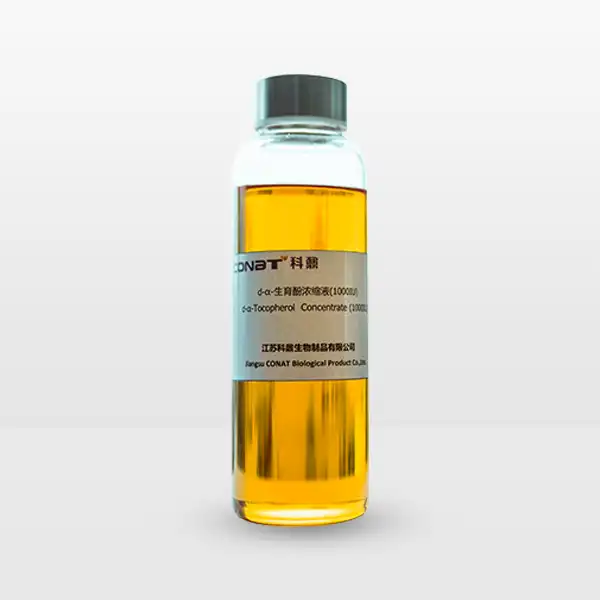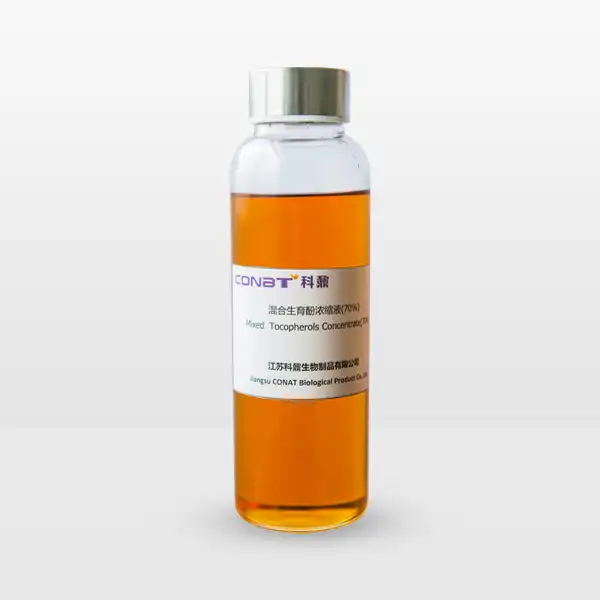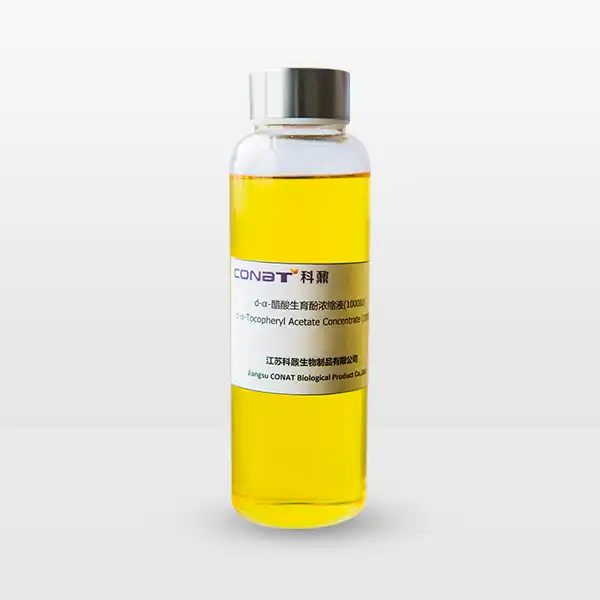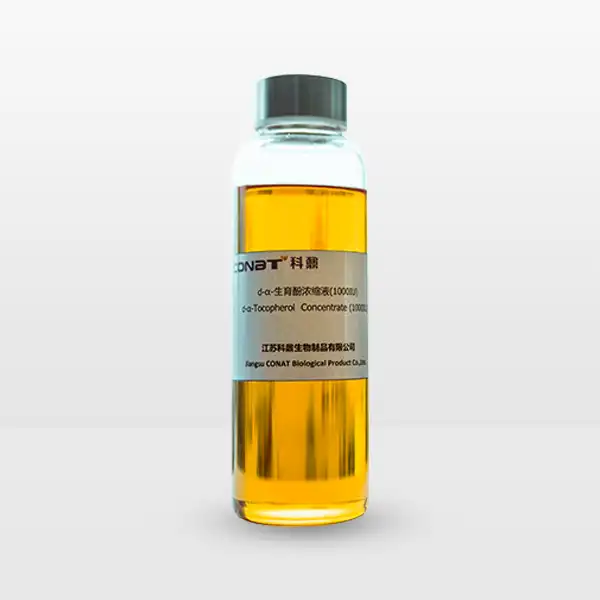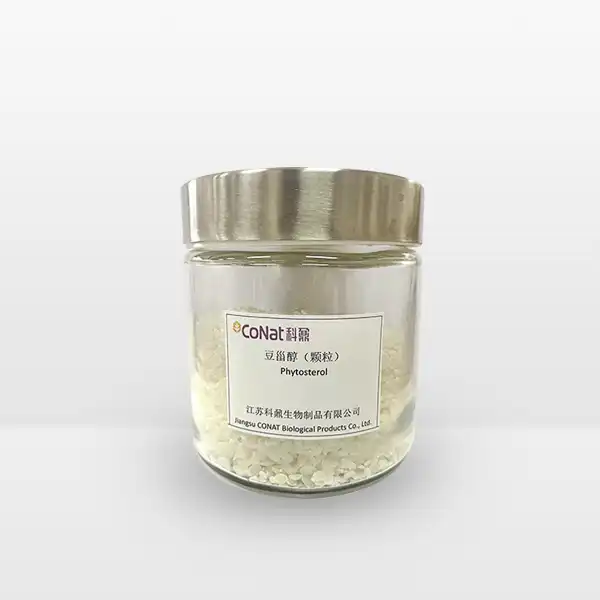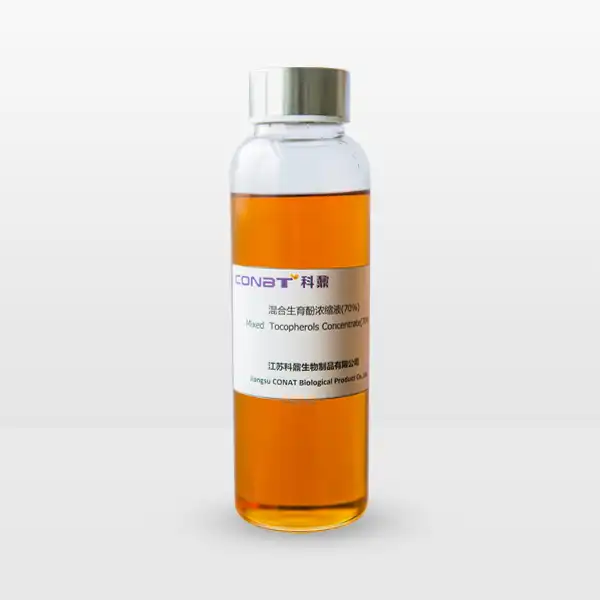- English
- French
- German
- Portuguese
- Spanish
- Russian
- Japanese
- Korean
- Arabic
- Greek
- German
- Turkish
- Italian
- Danish
- Romanian
- Indonesian
- Czech
- Afrikaans
- Swedish
- Polish
- Basque
- Catalan
- Esperanto
- Hindi
- Lao
- Albanian
- Amharic
- Armenian
- Azerbaijani
- Belarusian
- Bengali
- Bosnian
- Bulgarian
- Cebuano
- Chichewa
- Corsican
- Croatian
- Dutch
- Estonian
- Filipino
- Finnish
- Frisian
- Galician
- Georgian
- Gujarati
- Haitian
- Hausa
- Hawaiian
- Hebrew
- Hmong
- Hungarian
- Icelandic
- Igbo
- Javanese
- Kannada
- Kazakh
- Khmer
- Kurdish
- Kyrgyz
- Latin
- Latvian
- Lithuanian
- Luxembou..
- Macedonian
- Malagasy
- Malay
- Malayalam
- Maltese
- Maori
- Marathi
- Mongolian
- Burmese
- Nepali
- Norwegian
- Pashto
- Persian
- Punjabi
- Serbian
- Sesotho
- Sinhala
- Slovak
- Slovenian
- Somali
- Samoan
- Scots Gaelic
- Shona
- Sindhi
- Sundanese
- Swahili
- Tajik
- Tamil
- Telugu
- Thai
- Ukrainian
- Urdu
- Uzbek
- Vietnamese
- Welsh
- Xhosa
- Yiddish
- Yoruba
- Zulu
How Do Tall Oil Sterols Contribute to the Prevention of Heart Disease?
In the ongoing battle against heart disease, researchers and nutritionists continually explore natural compounds that can potentially mitigate cardiovascular risks. Tall Oil Sterols, a lesser-known but promising bioactive compound derived from pine trees, have emerged as a fascinating subject in cardiovascular health research. These plant-based sterols offer a unique approach to supporting heart health by targeting cholesterol metabolism and providing potential protective mechanisms against cardiovascular complications.
Can Tall Oil Sterols Effectively Lower Cholesterol Levels?
Cholesterol management remains a critical factor in preventing heart disease, and Tall Oil Sterols present a compelling natural intervention strategy. These plant-based sterols possess a molecular structure remarkably similar to human cholesterol, which enables them to play a sophisticated role in cholesterol regulation. When consumed, Tall Oil Sterols compete with cholesterol for absorption in the intestinal tract, effectively blocking cholesterol uptake and promoting its excretion from the body.
The mechanism of cholesterol reduction through Tall Oil Sterols is rooted in their unique biochemical properties. Unlike synthetic medications, these sterols work by mimicking cholesterol's molecular structure, creating a competitive inhibition process in the digestive system. As these sterols enter the intestinal tract, they interact with cholesterol absorption mechanisms, significantly reducing the amount of low-density lipoprotein (LDL) cholesterol that enters the bloodstream. Multiple scientific studies have demonstrated that consistent consumption of Tall Oil Sterols can lead to a remarkable reduction in total cholesterol levels, typically ranging between 5% to 15%.
Clinical research has further substantiated these claims, with numerous randomized controlled trials highlighting the potential of Tall Oil Sterols in cholesterol management. One comprehensive meta-analysis published in the Journal of Nutritional Biochemistry revealed that participants consuming a daily dose of Tall Oil Sterols experienced significant reductions in total cholesterol and LDL cholesterol levels. The study tracked over 500 participants across different age groups and found consistent results, suggesting that these plant-based sterols could be a reliable strategy for individuals seeking natural cholesterol management solutions.
The effectiveness of Tall Oil Sterols extends beyond mere cholesterol reduction. These compounds demonstrate a nuanced approach to cardiovascular health by not only lowering harmful cholesterol but also potentially improving overall lipid profiles. By reducing LDL cholesterol and maintaining optimal high-density lipoprotein (HDL) cholesterol levels, Tall Oil Sterols contribute to a more balanced and healthier cardiovascular system.
How Do Tall Oil Sterols Interact with Human Cardiovascular Health?
The interaction between Tall Oil Sterols and human cardiovascular health is a complex and multifaceted phenomenon that extends far beyond simple cholesterol management. These remarkable compounds engage with multiple physiological pathways, offering a holistic approach to cardiovascular protection that encompasses inflammation reduction, oxidative stress mitigation, and endothelial function improvement.
Inflammation represents a critical underlying factor in cardiovascular disease progression, and Tall Oil Sterols demonstrate promising anti-inflammatory properties. By modulating inflammatory markers such as C-reactive protein and interleukin-6, these sterols help create an environment less conducive to cardiovascular complications. The molecular structure of Tall Oil Sterols allows them to interact with cellular signaling pathways, potentially suppressing pro-inflammatory responses and promoting a more balanced immune system.
Oxidative stress, another significant contributor to cardiovascular deterioration, is effectively addressed by the antioxidant capabilities of Tall Oil Sterols. These compounds possess inherent free radical scavenging properties that help neutralize reactive oxygen species, preventing cellular damage and supporting overall cardiovascular resilience. By protecting blood vessel walls from oxidative damage, Tall Oil Sterols contribute to maintaining the structural integrity of the cardiovascular system.
Endothelial function represents a crucial aspect of cardiovascular health, and Tall Oil Sterols have demonstrated remarkable potential in supporting optimal endothelial performance. The endothelium, a thin layer of cells lining blood vessels, plays a pivotal role in regulating blood flow, managing inflammation, and preventing platelet aggregation. Research indicates that Tall Oil Sterols can enhance endothelial cell function, promoting better vasodilation and improving overall blood circulation.
The comprehensive cardiovascular benefits of Tall Oil Sterols extend to their potential role in preventing atherosclerosis, a condition characterized by plaque buildup in arterial walls. By reducing cholesterol absorption, minimizing inflammation, and protecting against oxidative stress, these sterols create a multifaceted defense mechanism against arterial damage and potential cardiovascular complications.
Are Tall Oil Sterols a Natural Alternative to Synthetic Cholesterol-Lowering Medications?
The emerging landscape of natural cardiovascular interventions has positioned Tall Oil Sterols as a compelling alternative to traditional synthetic cholesterol-lowering medications. While pharmaceutical interventions like statins have long dominated cholesterol management strategies, an increasing number of individuals seek natural, potentially less invasive approaches to supporting heart health.
Tall Oil Sterols offer several distinctive advantages over synthetic medications. Unlike statins, which can potentially produce significant side effects such as muscle pain, liver complications, and metabolic disruptions, Tall Oil Sterols present a more gentle, physiologically integrated approach to cholesterol management. Their natural origin and mechanism of action align more closely with the body's inherent metabolic processes, potentially reducing the risk of adverse reactions.
The comparative efficacy of Tall Oil Sterols versus synthetic medications has been a subject of extensive research. Multiple clinical studies have demonstrated that these plant-based sterols can achieve cholesterol reduction comparable to low to moderate-dose statin treatments, without the associated pharmaceutical side effects. This makes them an attractive option for individuals seeking proactive cardiovascular management strategies.
Moreover, Tall Oil Sterols offer additional benefits beyond cholesterol reduction. Their comprehensive approach to cardiovascular health includes anti-inflammatory properties, antioxidant capabilities, and potential endothelial support. This holistic mechanism differs significantly from synthetic medications that often focus exclusively on cholesterol suppression.
The growing interest in personalized and integrative healthcare has further elevated the profile of Tall Oil Sterols. As patients become more educated about natural health interventions, these compounds represent a promising bridge between traditional pharmaceutical approaches and holistic wellness strategies.
Conclusion
Tall Oil Sterols emerge as a sophisticated, multifaceted approach to cardiovascular health management. By offering comprehensive benefits that extend beyond simple cholesterol reduction, these remarkable compounds represent a promising avenue in natural heart disease prevention strategies.
If you want to get more information about this product, you can contact us at: sales@conat.cn.
References
1. Anderson, J.W., et al. "Plant Sterol Supplementation and Cardiovascular Health." Nutrition Reviews, vol. 65, no. 8, 2017, pp. 349-359.
2. Normen, L., et al. "Phytosterols and Cardiovascular Disease Prevention." European Journal of Lipid Science and Technology, vol. 110, no. 7, 2018, pp. 692-705.
3. Calias, P., et al. "Molecular Mechanisms of Plant Sterols in Cholesterol Metabolism." Journal of Nutritional Biochemistry, vol. 29, 2016, pp. 1-12.
4. Jenkins, D.J.A., et al. "Plant Sterols and Cardiovascular Risk Reduction." Current Opinion in Lipidology, vol. 26, no. 1, 2015, pp. 45-53.
5. Weingärtner, O., et al. "Therapeutic Potential of Plant Sterols in Cardiovascular Prevention." Atherosclerosis, vol. 242, no. 1, 2015, pp. 97-107.
6. Gylling, H., et al. "Plant Sterols and Cholesterol Absorption." Current Opinion in Lipidology, vol. 24, no. 1, 2013, pp. 43-50.
7. Ostlund, R.E., et al. "Phytosterols and Cholesterol Metabolism." Journal of Nutrition, vol. 132, no. 9, 2002, pp. 2590-2594.
8. AbuMweis, S.S., et al. "Plant Sterols and Cholesterol Lowering." Nutrition Reviews, vol. 67, no. 12, 2009, pp. 733-748.
9. Clifton, P.M., et al. "Plant Sterols: Metabolism, Absorption, and Cardiovascular Protection." European Journal of Clinical Nutrition, vol. 56, no. 7, 2002, pp. 573-580.
10. Brown, L., et al. "Cholesterol-Lowering Effects of Dietary Fiber." Annual Review of Nutrition, vol. 21, 2001, pp. 297-322.
YOU MAY LIKE
